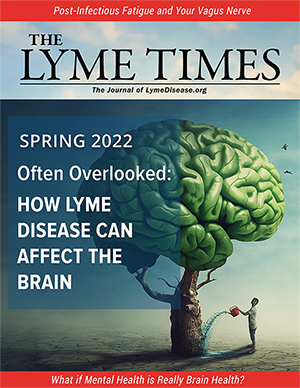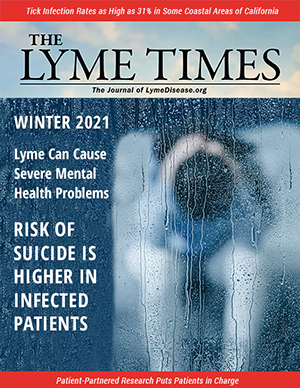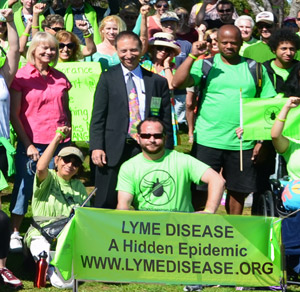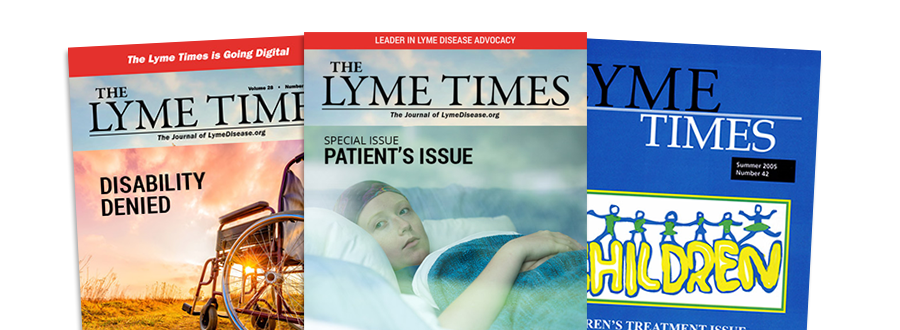T he incidence of Lyme disease, a tick-borne bacterial infection, is rapidly increasing in North America. Risk modeling suggests that the incidence of Lyme disease will continue to rise as the migratory birds that are responsible for transmitting the Ixodes tick are affected by climate change and, consequently, contribute to the expansion of at-risk regions. Lyme disease can affect many organ systems, including the heart, nerves, and joints.
How Common Are Lyme Disease and Lyme Carditis?
Lyme disease is the most commonly reported vector-borne disease in North America. The Centers for Disease Control and Prevention reports an annual incidence of approximately 25,000 “confirmed” cases in the U.S. and 10,000 “probable” cases. However, estimates suggest that the true incidence is closer to 300,000 cases annually. Lyme disease affects the heart in 0.3–10% of cases.
Lyme Carditis: How Spirochetes Affect the Heart
 In Lyme carditis, Borrelia burgdorferi (the spirochete responsible for Lyme disease) directly affects the heart. Damage to the heart tissue occurs from direct invasion by the bacteria, as well as from the body’s exaggerated immune response to the infection.
In Lyme carditis, Borrelia burgdorferi (the spirochete responsible for Lyme disease) directly affects the heart. Damage to the heart tissue occurs from direct invasion by the bacteria, as well as from the body’s exaggerated immune response to the infection.
In 90% of cases, the most common consequence of Lyme carditis is heart block. Electrical signals from the upper chambers of the heart are not properly relayed to the lower chambers of the heart, which can dramatically slow down the heart rate.
The severity of the heart block can fluctuate rapidly and the progression to complete heart block can be fatal. Importantly, the heart block in Lyme carditis can be transient and usually resolves with antibiotic therapy. Additionally, Lyme carditis can affect other parts of the heart’s conduction system, as well as the heart’s muscle, its valves, and outer layer of its wall.
Symptoms of Lyme Carditis
Patients with Lyme carditis may report light-headedness, fainting, shortness of breath, palpitations, and/or chest pain. Conversely, patients with Lyme carditis may also experience no symptoms, which contributes to the elusive nature of the diagnosis………. Join or login below to continue reading.




























